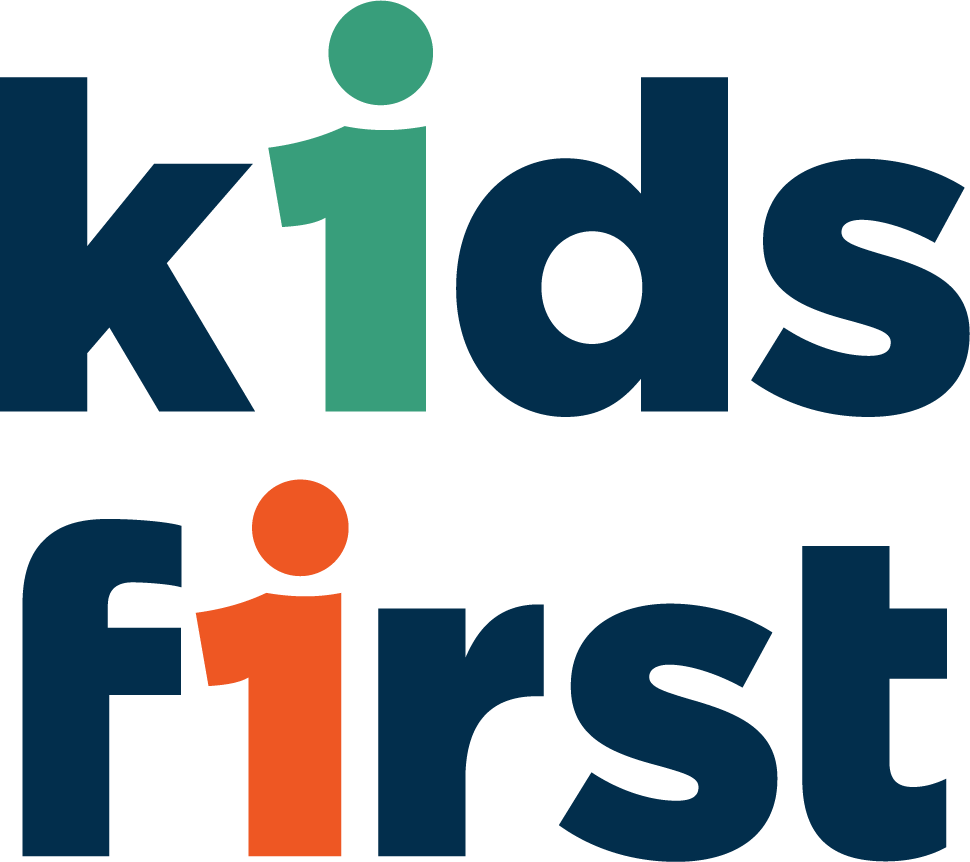How Does It Feel to be a Foster Parent?
Taking your initial steps as a foster parent is the scariest part for almost everyone. Despite our best efforts to prepare foster parents, it is only once your first foster child arrives that you fully comprehend what it means to foster. Fostering is a difficult job, but it is also a rewarding one that has the ability to improve a child's life. Many foster parents agree that deciding to foster was the best thing they've ever done.In addition to caring for the children on a daily basis, foster parents must attend meetings with other experts, including social workers, such as education planning meetings and three-monthly child reviews.They may need to take the foster child to meet with their biological family, depending on the circumstances. This might happen frequently, and it can lead to specific behaviors.
Foster Parenting is a Rewarding Challenge
Here are three major ways that becoming a foster parent is both difficult and rewarding.
1. Having a reflective and empathic mindset
How Does it Feel to Be a Foster Parent? - Kids First, Inc. - Dallas and Fort Worth, TX
Becoming a foster caregiver is a time-consuming and in-depth process that might take months. It's a highly reflective process, so you learn a lot about yourself.As a foster parent you must be able to reflect and empathize, as well as be aware of anything that may act as a trigger for you, especially if you have had negative experiences yourself.If, on the other hand, your upbringing was quite traditional, it's important to understand that this is not the case for every child. Looking after children can be difficult, and their behavior can be difficult to understand if you haven't had similar experiences.The application process walks you through all of your childhood experiences in order to provide you with the best possible preparation for becoming a foster parent.
2. Appreciate training
Every foster parent must complete initial training, which establishes a solid foundation and essential skills.You'll continue to receive training throughout your time as a foster parent. Foster parents are expected to complete 12 or more different compulsory training sessions each year, as well as additional training that will assist them have a better understanding of their foster child's situation.
3. Understanding the differences between foster children and biological children
You've known your own birth children for their entire lives and know their story. You can discipline them if they behave in a certain way because you know what has happened to them in the past. Foster children are not the same. Extreme behaviors can sometimes be the result of unrecognized past trauma.
Is the reality of fostering different from what people expect?
People sometimes believe that providing children with a safe and loving home will make them grateful. But it's important to remember that they've been separated from everything familiar to them. This is why we work hard to prepare foster parents for the realities of fostering.Hearing what children have been through can be shocking and upsetting. On the other hand, it's extremely rewarding to see a child smile and watch them develop and grow in confidence.Sometimes the smallest things are the most rewarding, such as noticing that they have made a new friend at school or have not gotten into any trouble that day.
Ready to Explore Becoming a Foster Parent?
Foster parenting is extremely difficult, but the rewards are enormous, and you are never alone. There's a whole team behind you. Contact Kids First in the Dallas and Fort Worth, TX metro areas to help every step of the way.


